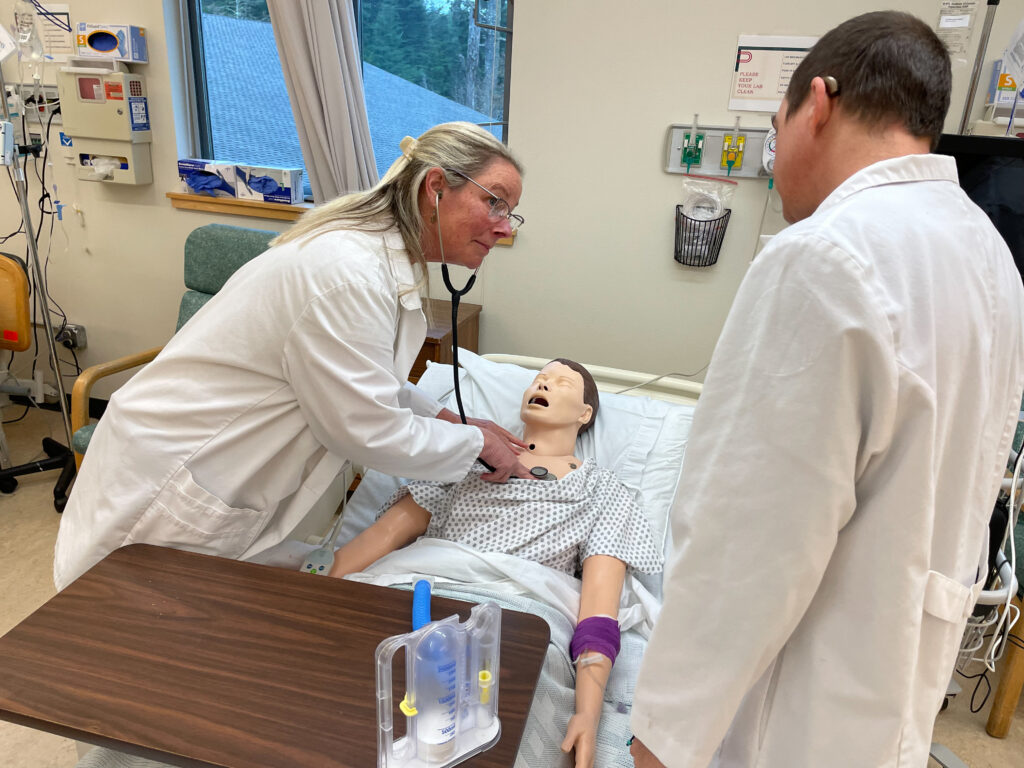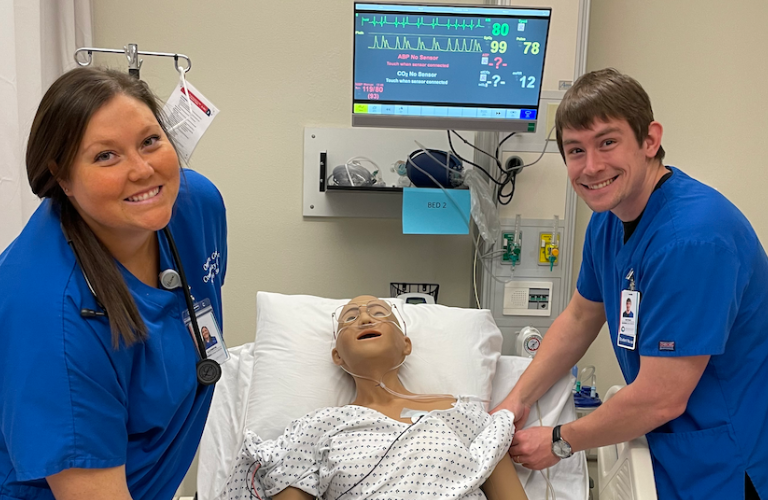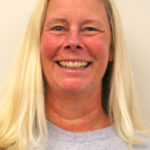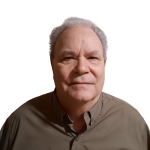Nursing & Allied Health
If you are interested in starting a new career in the healthcare profession, Oregon Coast Community College’s lineup of nursing & allied health programs may well be the right choice for you. More than 400 graduates of our program are currently working in the industry – many right here in Lincoln County – helping patients, supporting families, and contributing to their communities.

Program Options:
Associate of Applied Science Degree in Nursing
This two-year degree is a combination of nursing and transfer credits. This Associate Degree qualifies you to take the National Council Licensure Exam (NCLEXLRN) to become a Registered Nurse (RN).
{Learn More}
Practical Nursing Certificate
The Practical Nursing Certificate provides a one-year curriculum for students who would like to become a Licensed Practical Nurse (LPN). This certificate qualifies you to take the National Council Licensure Exam (NCLEX) to become a Licensed Practical Nurse (LPN)
{Learn More}
Medical Assistant Certificate
The Medical Assistant Program prepares students for entry level employment in a clinic or a variety of other healthcare settings. Program graduates will have the academic, administrative, and clinical skills necessary for an allied healthcare professional.
{Learn More}
Emergency Medical Technician
Emergency Medical Technician (EMT) courses train students to take the state certification tests for the EMT Basic level. The courses are accredited by the Oregon Department of Education and the Oregon State EMS office. The EMT Basic courses are applicable to the Associate of Applied Science Paramedic Degrees at other Community Colleges in Oregon.
{Learn More}
Compliancy Information & Resources – All Programs
- OCCC-Health-Form-Compliancy-Document-Nursing & Allied Health
- OCCC Influenza_Vaccination_Declination_Form
- OCCC COVID19_Vaccination_Declination_Form
- Complio Student User Guide

Dr. Crystal Bowman
Dean of Nursing & Allied Health
PhD: Capella University
MSN-Ed.: Grand Canyon University
BSN: Arizona State University
ADN: Boswell-Mesa Community College
Our Staff
Lynn Barton
Nursing Faculty
MS Nursing, University of California, San Francisco
BA Health Administration, St Mary’s College
ADN Nursing, Santa Ana Jr College
Willow Skye
Assistant Director of Nursing & Allied Health
MS Nursing Education, Western Governors University
BS Nursing, Western Governors University
AS Nursing, Clatsop Community College
Ana Castellanos-Villanueva
Nursing Faculty
BS Nursing, Oregon Health & Sciences University
AAS Nursing, Oregon Coast Community College
Justin Mackey
PT Faculty- Nursing-CNA
Bachelors in Science in Nursing, Linfield College
Associate Degree in Nursing, Central Oregon Community College
Nancy Zavacki
PT Faculty -Nursing Instructor
Master of Science in Nursing, University of Texas, Austin, TX
Bachelor of Science in Nursing, Southern Oregon University, Ashland, OR
Associate Degree in Nursing, Southern Oregon University, Ashland, OR
Joy Thayer
FT Faculty - Nursing Instructor
OREGON COAST COMMUNITY COLLEGE – ASSOCIATE DEGREE IN NURSING
OREGON COAST COMMUNITY COLLEGE – PRACTICAL NURSING
PORTLAND COMMUNITY COLLEGE – ASSOCIATE OF ARTS TRANSFER DEGREE
BACHELOR OS SCIENCE, NURSING, SOUTHWESTERN UNIVERISTY COLLEGE OF NURSING – PHILIPPINES
Contact
Email: joy.thayer@oregoncoast.edu
Courtney Williams
PT Faculty - Nursing Instructor
University of Central Oklahoma, Edmond, OK. — Bachelor of Science in Nursing
University of Central Oklahoma, Edmond, OK.— Bachelor of Arts in Psychology
Contact
Equal Opportunity and Non-Discrimination
The College prohibits unlawful discrimination based on race, color, religion, national origin, sex, marital status, disability, veteran status, age, sexual orientation, or any other status protected by federal, state, or local law in any area, activity or operation of the College. The College also prohibits retaliation against an individual for engaging in activity protected under this policy, and interfering with rights or privileges granted under anti-discrimination laws. In addition, the College complies with applicable provisions of the Civil Rights Act of 1964 (as amended), related Executive Orders 11246 and 11375, Title IX of the Education Amendments Act of 1972, Section 504 of the Rehabilitation Act of 1973, Americans with Disabilities Act of 1990 (as amended), Uniformed Services Employment and Reemployment Rights Act (“USERRA’), and all local and state civil rights laws. Under this policy, equal opportunity for employment, admission, and participation in the College’s programs, services, and activities will be extended to all persons, and the College will promote equal opportunity and treatment through application of this policy and other College efforts designed for that purpose.
Persons having questions about equal opportunity and nondiscrimination should contact either:
Vice President of Student Affairs, Dr. Bruce Clemetsen, 541-867-8511
bruce.clemetsen@oregoncoast.edu
Or, Human Resources Manager Joy Gutknecht 541-867-8515
joy.gutknecht@oegoncoastcc.org.
Questions can also be mailed to their attention at:
400 SE College Way, Newport, OR 97366.
Disabilities
Lack of English language skills will also not be a barrier to admission and participation in the College’s CTE programs.
Oregon Coast Community College is committed to providing equal opportunities for students with disabilities throughout the College community. Students with documented disabilities are entitled to reasonable accommodations under Section 504 of the Rehabilitation Act of 1973 and the Americans with Disabilities Act of 1990. Our philosophy is to maximize your independence and self-reliance, providing a variety of support options to assist you in achieving your educational and/or vocational objectives. To receive services, you must submit documentation of your disabling condition(s) to the Vice President of Student Affairs. To initiate support services, please contact the Vice President of Student Affairs at 541-867-8511 or via email. Students are responsible for requesting, in a timely manner, accommodation and documenting the nature and extent of their disability.
De conformidad con la Ley de Estadounidenses con Discapacidades (American with Disabilities Act, ADA), Oregon Coast Community College ofrece adaptaciones razonables o acomodaciones. Si desea una adaptación razonable, comuníquese con el Vicepresidente de Asuntos Estudiantiles y el Oficial de Cumplimiento de la Sección 504 400 SE College Way, Newport, OR 97366) at 541-867-8511 or at access@oregoncoast.edu.










